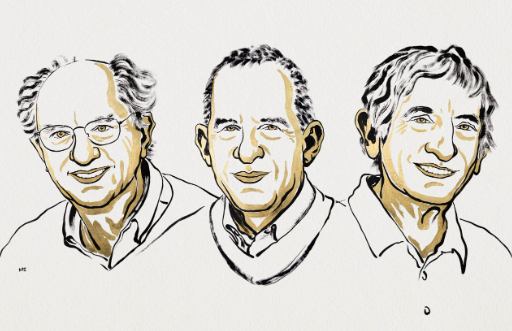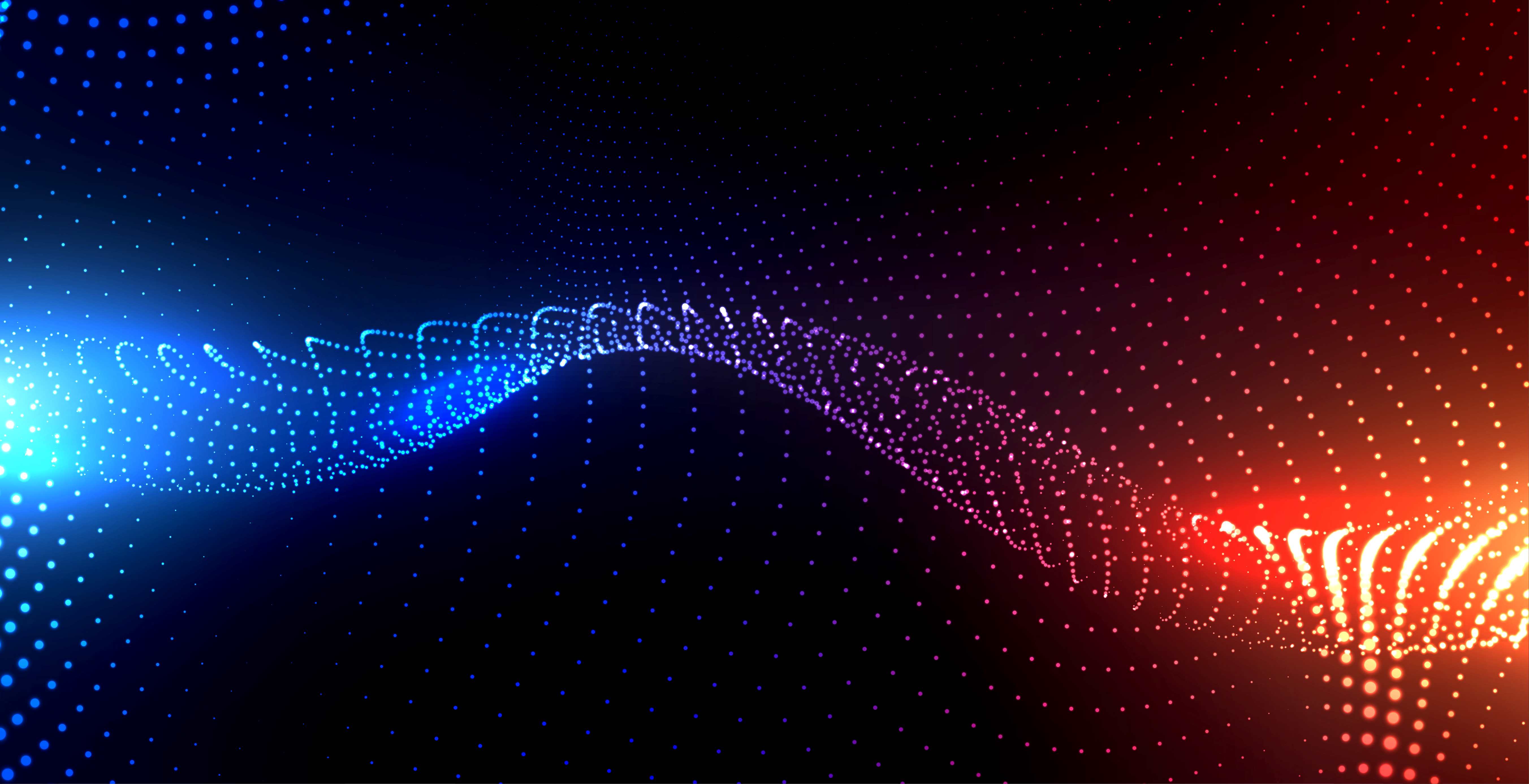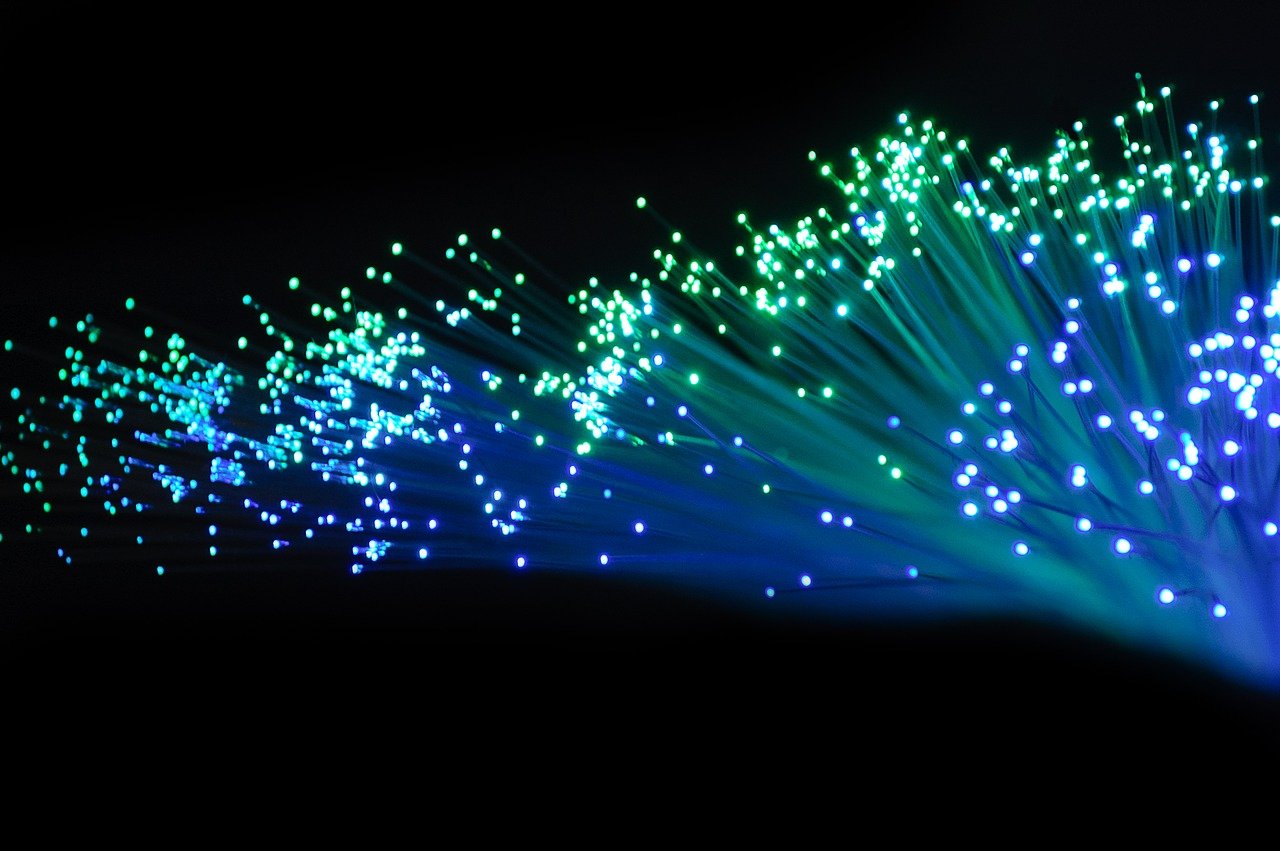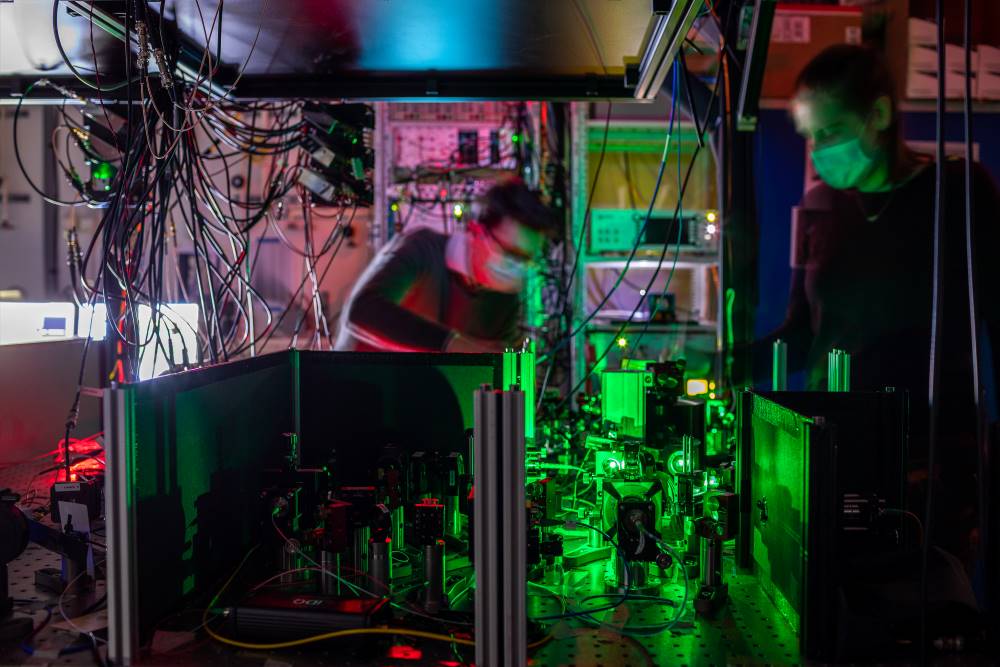Device-independent quantum key distribution at 100 kilometers achieved for the first time
Device-independent quantum key distribution (DI-QKD) is a key step toward the quantum internet, as it provides the highest level of cryptographic security allowed by quantum mechanics. For it to have practical applications in a communication network, it must be achieved between nodes that are sufficiently far apart. An article published in Science demonstrates DI-QKD for the first time between two single-atom nodes connected by 100-kilometer-long fibers. This distance would be sufficient to achieve cryptographic security at a metropolitan scale.







